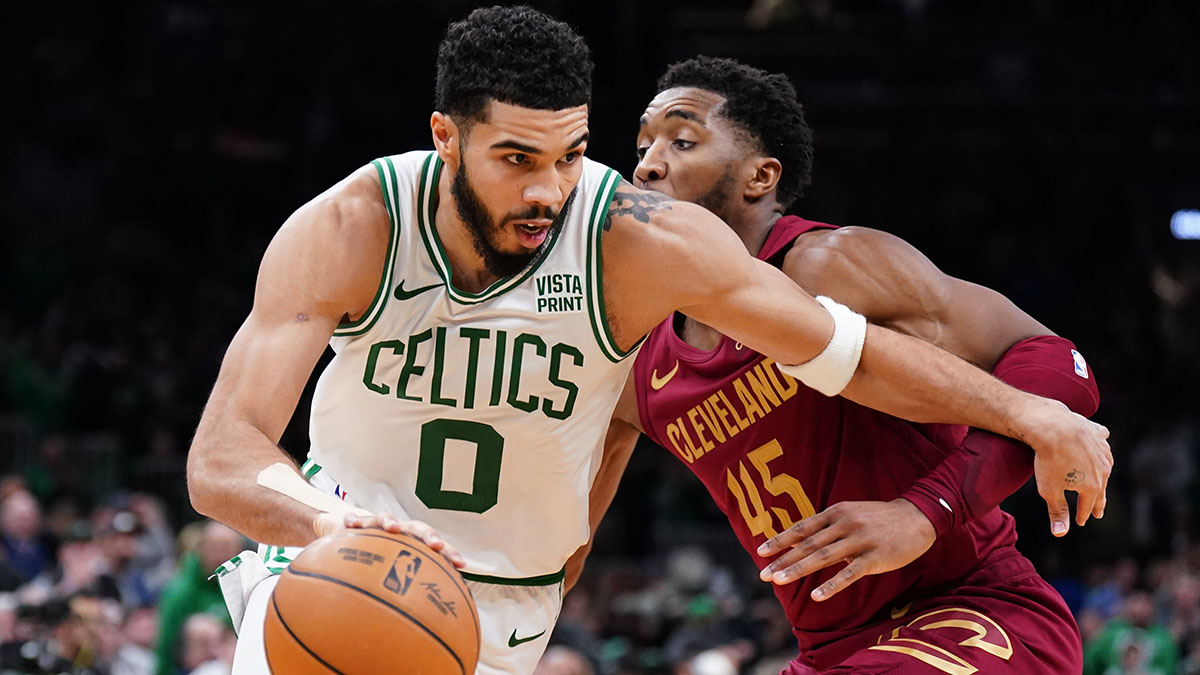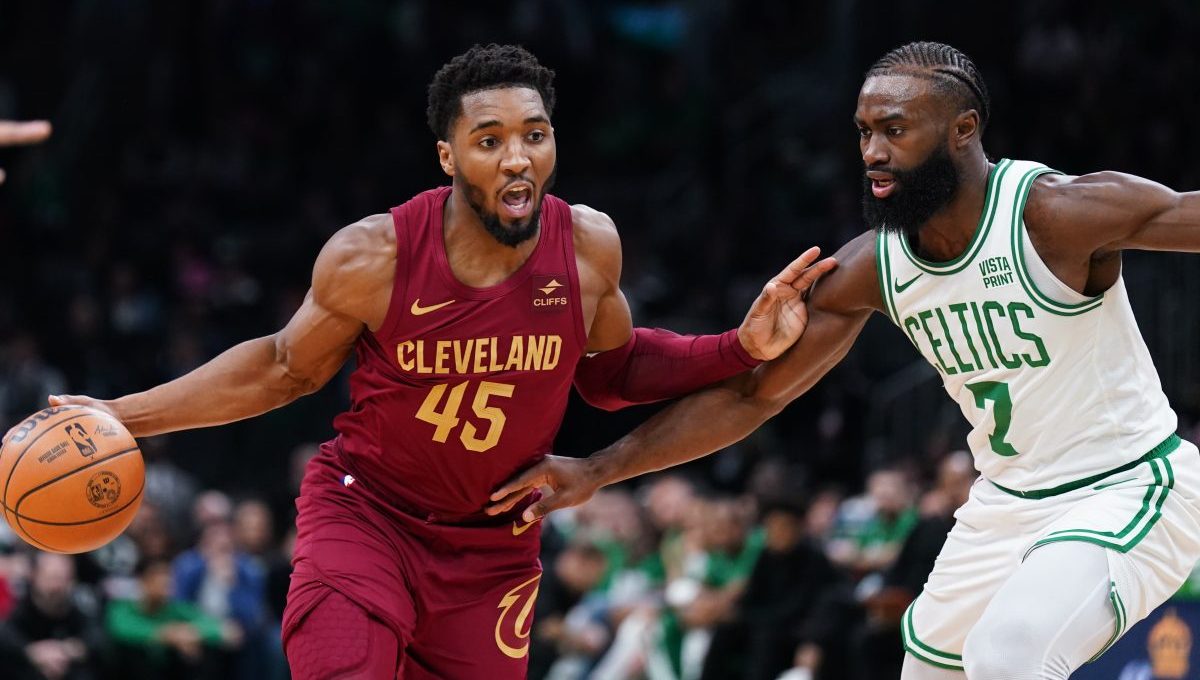
By A. Sherrod Blakely
CSNNE.com
For the second time in NBA history - both under commissioner David Stern's watch - the season will not start on time because of a lockout.
After a last-ditch effort this past weekend and into Monday night to get the framework for a new Collective Bargaining Agreement upon between the NBA and the players union, Stern said a "gulf" still exists that leaves him no choice but to cancel the first two weeks (Nov. 1-14) of the regular season.
"Despite extensive efforts, we have not been able to reach a new agreement with the players' union that allows all 30 teams to be able to compete for a championship while fairly compensating our players," NBA deputy commissioner Adam Silver said in a statement Monday night.
League officials said refunds will be available plus interest, for all NBA season-ticket holders for all preseason and regular-season games that have been canceled.
For the Celtics, the lockout will cost them six games (home against Cleveland, Charlotte and the Los Angeles Clippers, and road games at Atlanta, Indiana and Cleveland).
More than games lost, the lockout will cost the league some serious momentum gained from a season in which league-interest was about as high as it has ever been.
Boston Celtics
From the LeBron James' 'Decision,' to the the Dallas Mavericks claiming the franchise's first NBA title, there were moments - lots of moments - throughout the season that the league should be focused on building on moving forward.
Instead, the lockout wiped out the entire preseason and now can claim the first two weeks of the regular season as its latest victim.
"Maybe we need to miss a few games for them to know there's resolve among the players," Billy Hunter, the NBA players association's executive director, told reporters.
But the true victim in all this are the fans, the ones whose interest is sure to dip some in the coming weeks.
The biggest concern for the NBA has to be that the anger fans feel now, won't turn to apathy once a new CBA is agreed upon and games return.
For that to happen, the two sides must find a happy medium on several issues that have polarized both sides in negotiations.
In the old CBA, the players got 57 percent of the Basketball Related Income. The owners are looking for a significant percentage of the BRI to shift their way. Players have shown a willingness to see their total drop to 53 percent.
Each percentage point of the BRI is worth about 40 million, so the players are willing to give back what amounts to about 160 million in the first year, and more than 1 billion over the course of a seven-year deal. The owners would like to see at least half of the BRI come their way in a new deal.
The two sides must also come to terms on how to handle exceptions such as the mid-level and max contracts, what to do with the salary cap, along with a host of other systematic issues.
In other words, there's much to be done and time is clearly getting away from both sides.
A. Sherrod Blakely can be reached at sblakely@comcastsportsnet.com. Follow Sherrod on Twitter at http:twitter.comsherrodbcsn


